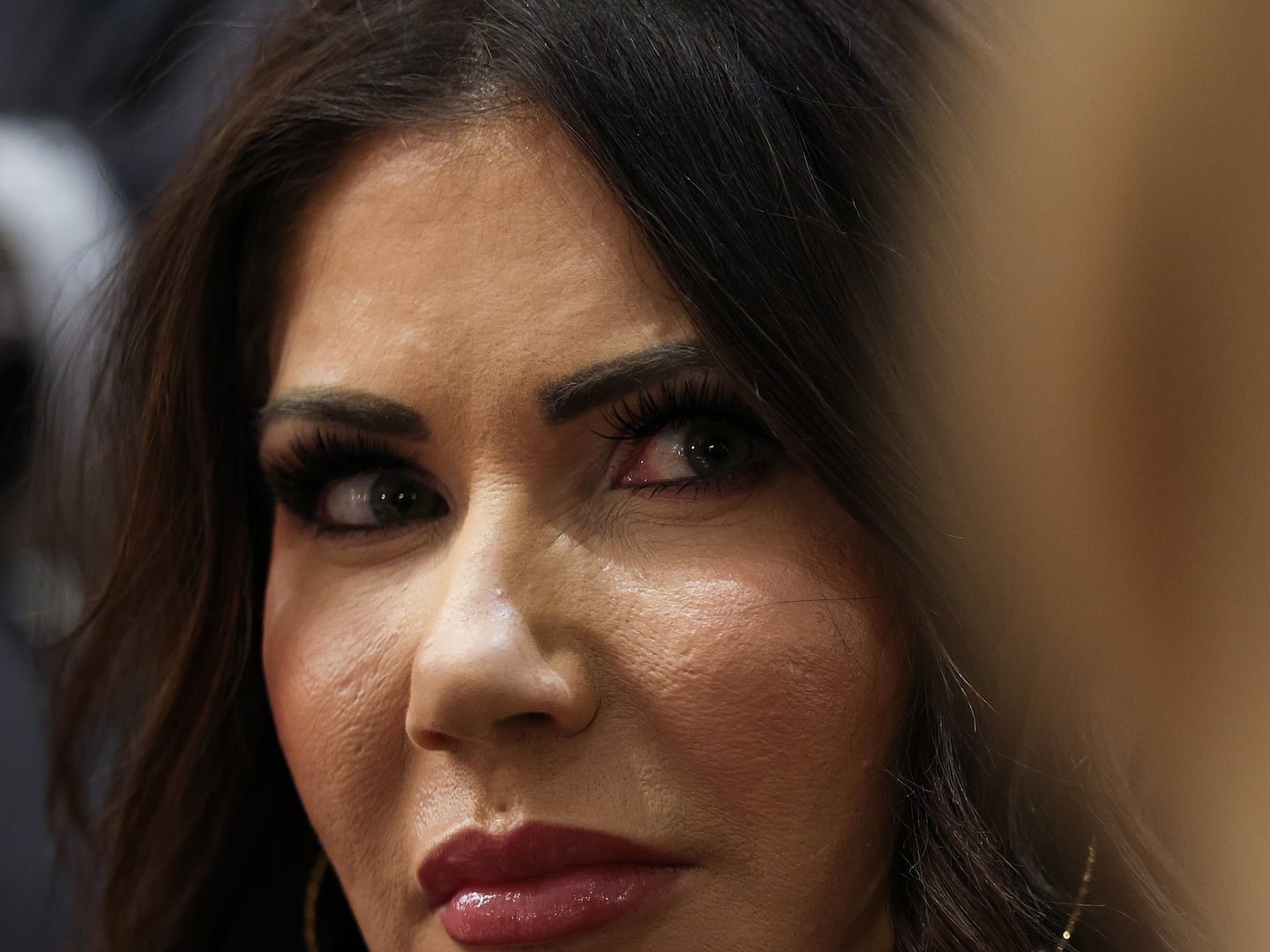Imagine two children.
Both of them are little bundles of seemingly ceaseless energy. When they come for medical appointments, both of them are constantly getting into things around my exam room. Both have nerve-wracked parents who tell them to sit still every 30 seconds, to no avail. At the end of their visits, I feel a little tired and nerve-wracked myself.

One of these children has attention deficit hyperactivity disorder (ADHD). The other is a normal toddler.
Know how to tell them apart? Me neither.
The difficulty is that behaviors that would indicate ADHD in a 9-year-old are completely normal in a 2-year-old. Some of those very busy toddlers may go on to be diagnosed with the disorder in due time, but many others will outgrow them with nothing more than parental guidance. The 3-year-old who wants to play with my tongue depressors despite his mother’s repeated pleas is not necessarily going to be a second-grader who can’t stay in his seat. It is for this reason that the guidelines for diagnosing ADHD put out by the American Academy of Pediatrics (PDF) start with a minimum age of 4.
Any medical provider for children should know this. Unfortunately, it seems that the medical providers for over 10,000 children don’t.
As detailed by The New York Times, the Centers for Disease Control have just released a new report about the treatment of ADHD in inappropriately young children. Their appalling (but not surprising) findings are that thousands of children between the ages of 2 and 3 are given stimulant medications to control ADHD symptoms.
Because the behaviors that typify ADHD are common and normal in toddlers, thus contraindicating treating them with medication, there is little study on the effects of treatment at this age. However, the side effects of these drugs are well known. Among others, they include interference with sleep and suppression of appetite. Toddlers and preschoolers typically need lots of sleep, including daytime naps, so giving a medication that throws their ability to sleep into disarray is ill-advised. (Sleep deprivation can make ADHD-like behaviors even worse.) Further, they are often picky eaters under the best of circumstances, and curbing their appetite during a period of crucial growth can have a significantly negative outcome.
What’s more, using medication rather than consistently and patiently helping these children learn self-control robs them of a necessary part of cognitive development. Parents need to help their kids learn boundaries, behavioral expectations, and how to control their own impulses (I usually recommend a simple and sensible approach like “1-2-3 Magic”), and replacing this education with Ritalin does them a grave disservice with potentially long-term behavioral ramifications.
I can understand all too well how things have ended up this way. Parenting a preschooler is hard (believe me, I know), and it takes a lot of time, energy, and forbearance to do it right. Further, since there is so much awareness of ADHD as a diagnosis and because normal behaviors do look a lot like the symptoms of the disorder, I get a lot of parents of small children who are worried about it.
However, rather than considering medication, I reassure them that their kids are quite likely to be totally normal, and I give them recommendations about parenting and discipline approaches that I think work. Being a parent myself has given me both additional sympathy and some hands-on experience with things that seem to be effective. I’ve been there, and I know what they’re going through.
What I find truly appalling is that thousands of parents aren’t getting this kind of advice. Now, doubtless many of them come in wanting a prescription, and perhaps many demand it outright. Physicians are not nearly as good at deflecting this kind of request as they ought to be, but sometimes being a good doctor means people leave your office unhappy.
We owe it to our young and vulnerable patients to use these medications sparingly and judiciously. Anytime there is evidence that drugs are being given to children when they ought not to be, I am given a depressing reminder of how common substandard care is. That the numbers in the CDC report were derived from Medicaid records indicates how often this substandard care hits those who are already suffering from a lack of resources. I am saddened but not shocked to learn that parents on the financial margins would be stuck with medical providers who don’t know what they’re doing.
Let us hope that this report will generate enough attention that physicians who are doling out Adderall to inappropriately young patients will revise their practices. Every child deserves a medical provider who knows what comprises normal behavior and who doesn’t try to medicate it away.
And parents who come to the end of their ropes shouldn’t find a prescription bottle tied there.






